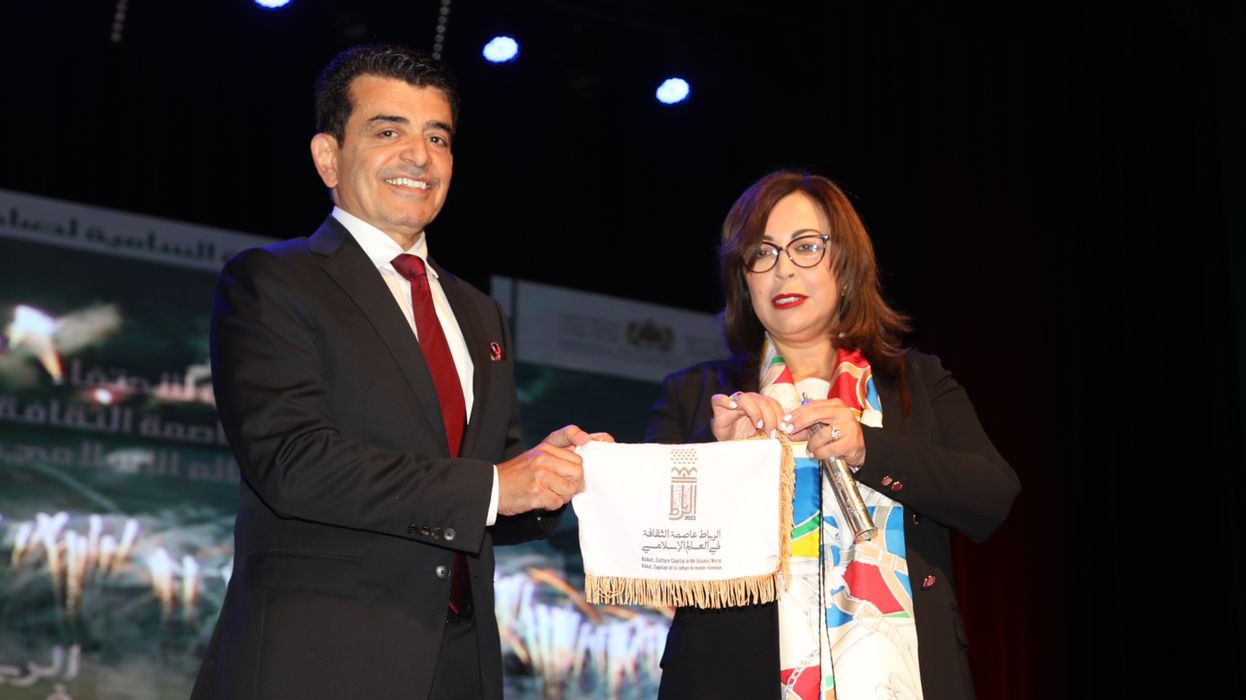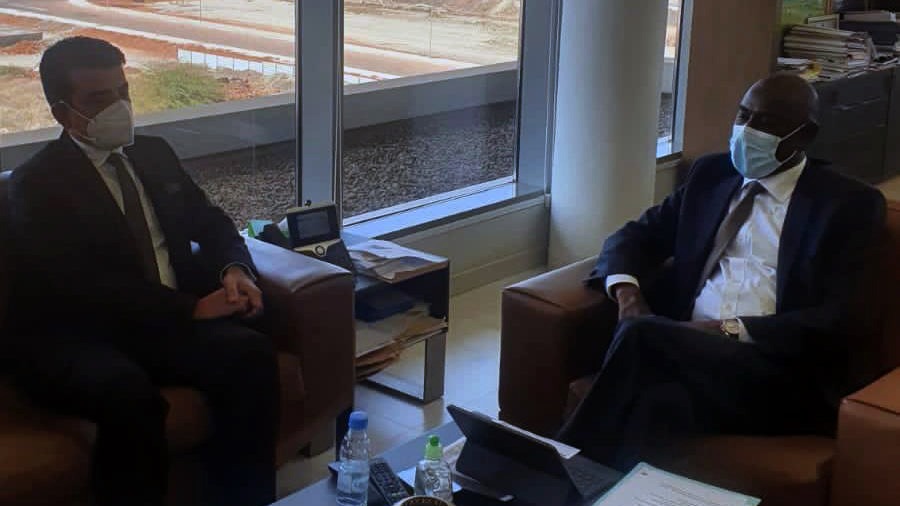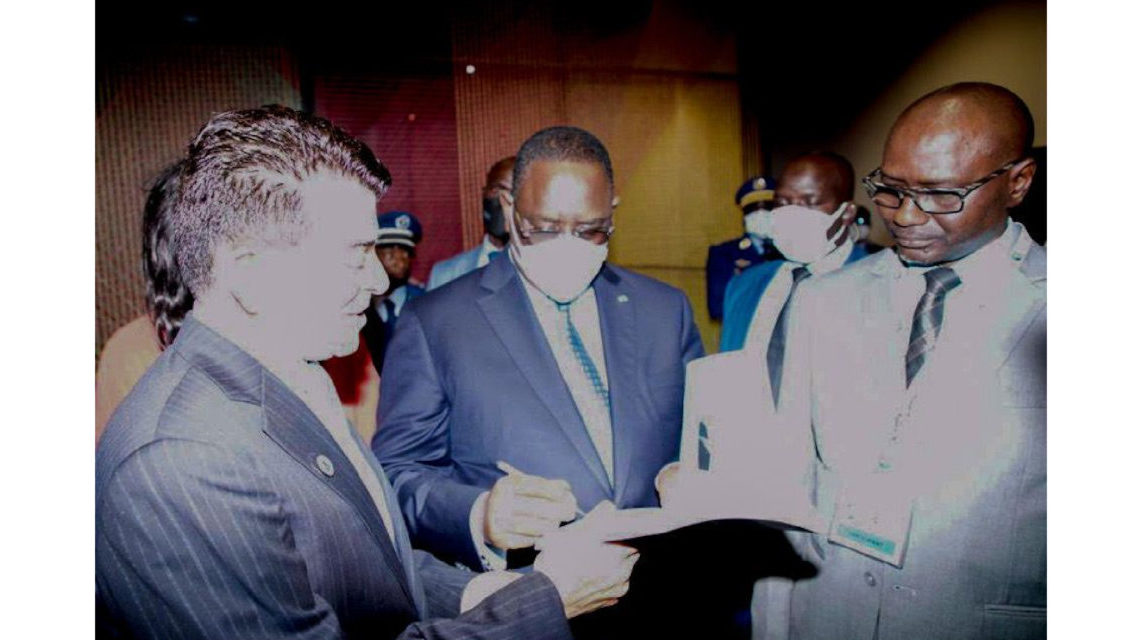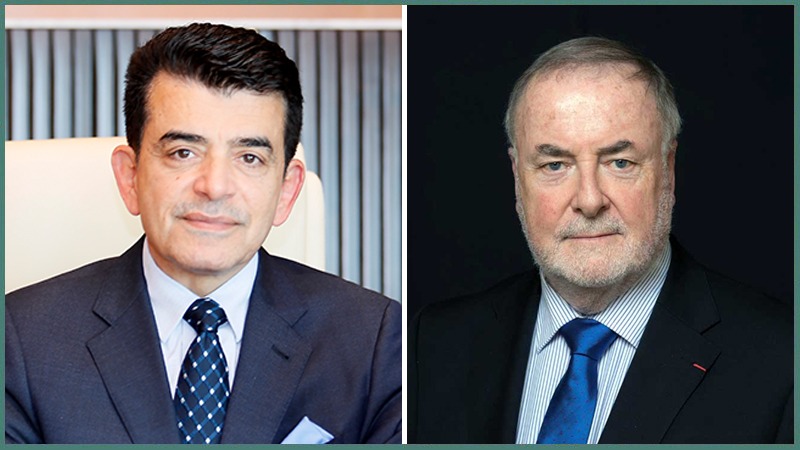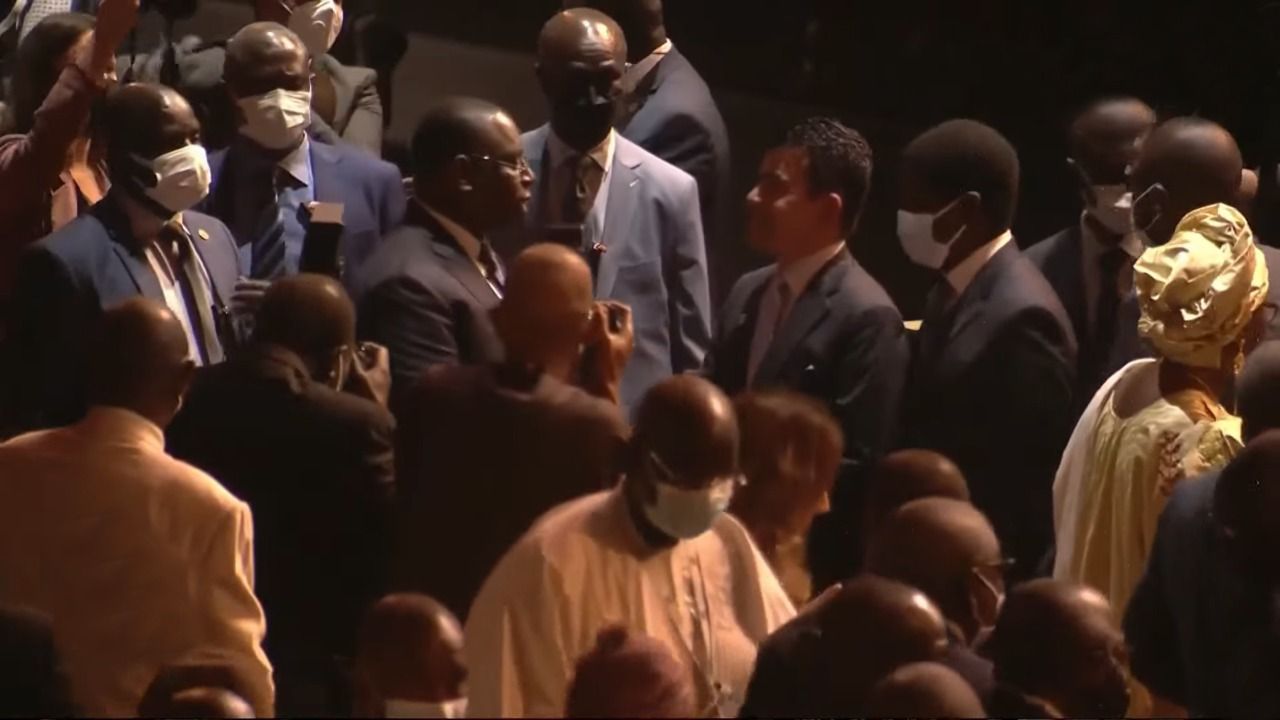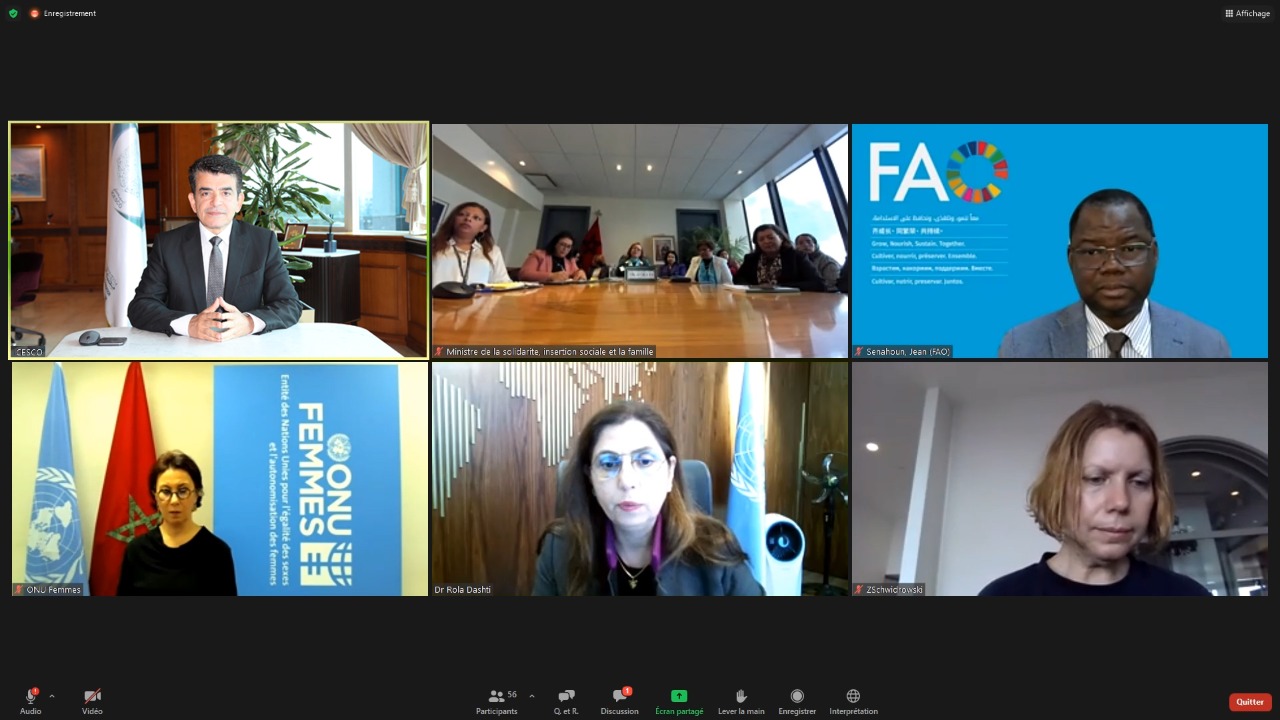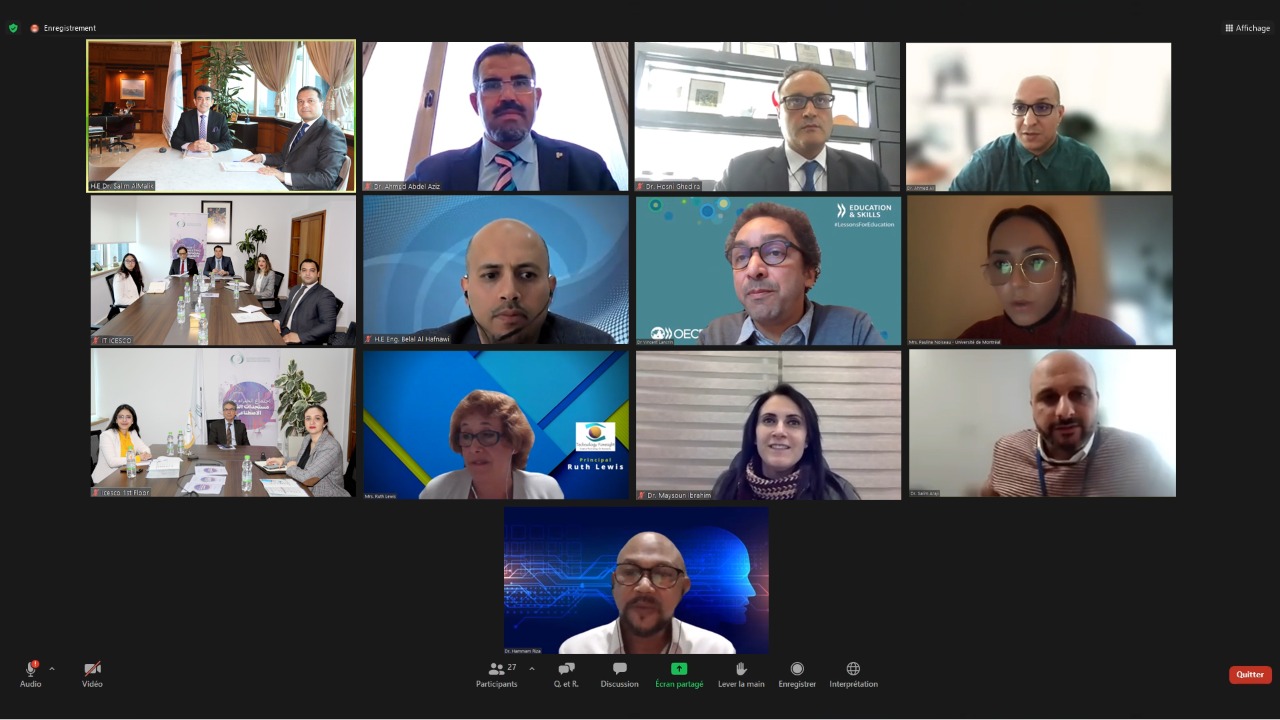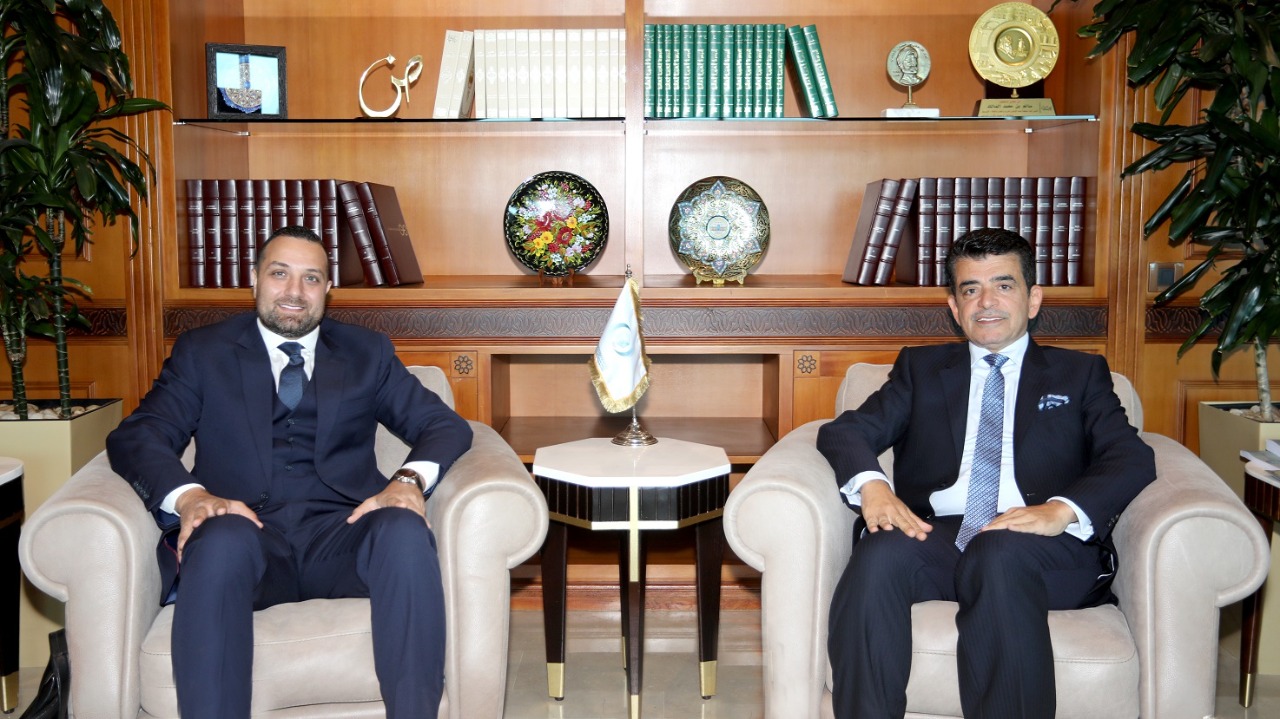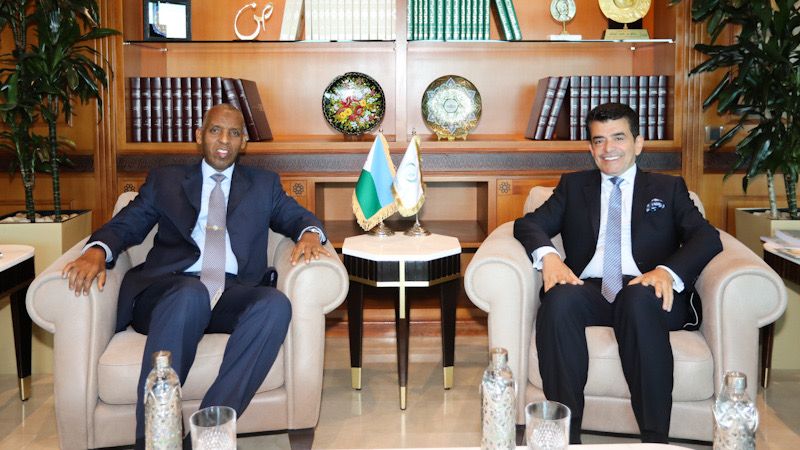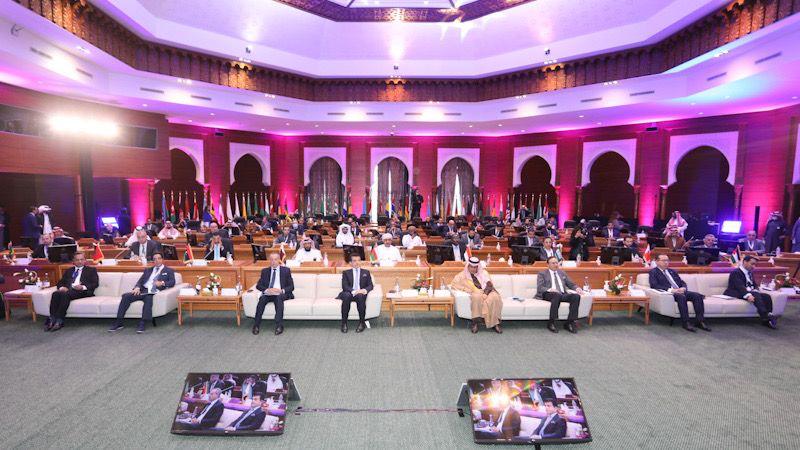Under the high patronage of His Majesty King Mohammed VI, may Allah assist him, a major ceremony was held to mark the inauguration of the Celebration of Rabat as Culture Capital in the Islamic World for 2022. Held by the Ministry of Youth, Culture and Communication in the Kingdom of Morocco and the Islamic World Educational, Scientific and Cultural Organization (ICESCO), today, Thursday 24 March 2022, at the Mohammed V Theatre, the ceremony witnessed high-level participation including officials from the Moroccan Government, public figures, authors, intellectuals and artists in addition to a large audience.

The year-long celebration of Rabat as the 2022 Culture Capital in the Islamic World is organized as part of the ICESCO Programme for Culture Capitals in the Islamic World and will feature a large selection of programs and activities both in Rabat and other Moroccan cities. The celebration aims to highlight the civilizational status of Rabat and cast light on its abundant tangible and intangible heritage.

The ceremony was opened by an address by Mr. Mohamed Al-Mehdi Bensaid, Moroccan Minister of Youth, Culture and Communication, who stated that the selection of Rabat as Culture capital in the Islamic World for 2022, under the high patronage of His Majesty King Mohammed VI, may Allah assist him, reaffirms the special attention His Majesty accord to the Kingdom’s capital. He added that this selection also reflects Rabat’s special position in the African, Arab, Islamic and International levels as a model for cultural coexistence, a symbol of both authenticity and modernity, and a hub of several key developmental projects.

The Moroccan Minister also expressed his thanks to ICESCO and all the cooperating parties and media outlets for their efforts to ensure the success of this event and highlight the cultural image of the Kingdom as a land of respect, coexistence and tolerance.

Taking the floor next, was Dr. Salim M. AlMalik, ICESCO Director-General (DG), who talked about Rabat’s long-standing landmarks, ten-century-long glorious history and diverse heritage sites including Udayas Castle, Hassan Tower, Challah, and Bouregreg River, noting that Rabat is the city of the past, present and future.
The DG expressed his deepest thanks and appreciation to His Majesty King Mohammed VI of the Kingdom of Morocco, may Allah assist him, for the royal attention ICESCO has been receiving since its inception by the late King Hassan II, may Allah rest his soul in peace.
In addition, Dr. AlMalik noted that the Rabat celebration will feature a large number of activities, cultural, literary and art exhibitions, most notably the International Exhibition and Museum of the Prophet’s Seerah and Islamic Civilization, in its first destination outside of Al-Madinah Al-Munawwarah. The Director-General concluded his address with a poem he wrote hailing the history and glory of Rabat.

For her part, Ms. Asmaa Rhlalou, Mayor of Rabat, stated in her address that the cultural projects implemented in Rabat will contribute to its cultural outreach, in an embodiment of the royal keenness to render the Kingdom’s capital an international civilizational and cultural hub. She added that this celebration is a re-discovery of the Capital of Lights from various cultural and artistic dimensions, which would eventually promote the image of Morocco as a land of tolerance and diversity and contribute to highlighting its openness to various cultures nations.

Following the opening remark, a short video on the City of Rabat was screened, which was prepared by the Ministry of Youth, Culture and Communication, followed by Dr. AlMalik handing over the celebration flag to the Mayor of Rabat.

The inaugural celebration featured a music show by the Orchestra of Tetouan headed by Mr. Amine El-Akrami with the participation of the eminent Munshids Marouane Hajji from Fez, Abdeslam Sefiani from Sale, and Fouad Taibi from Rabat, in addition to the distinguished artist Samira Kadiri and her orchestra.


